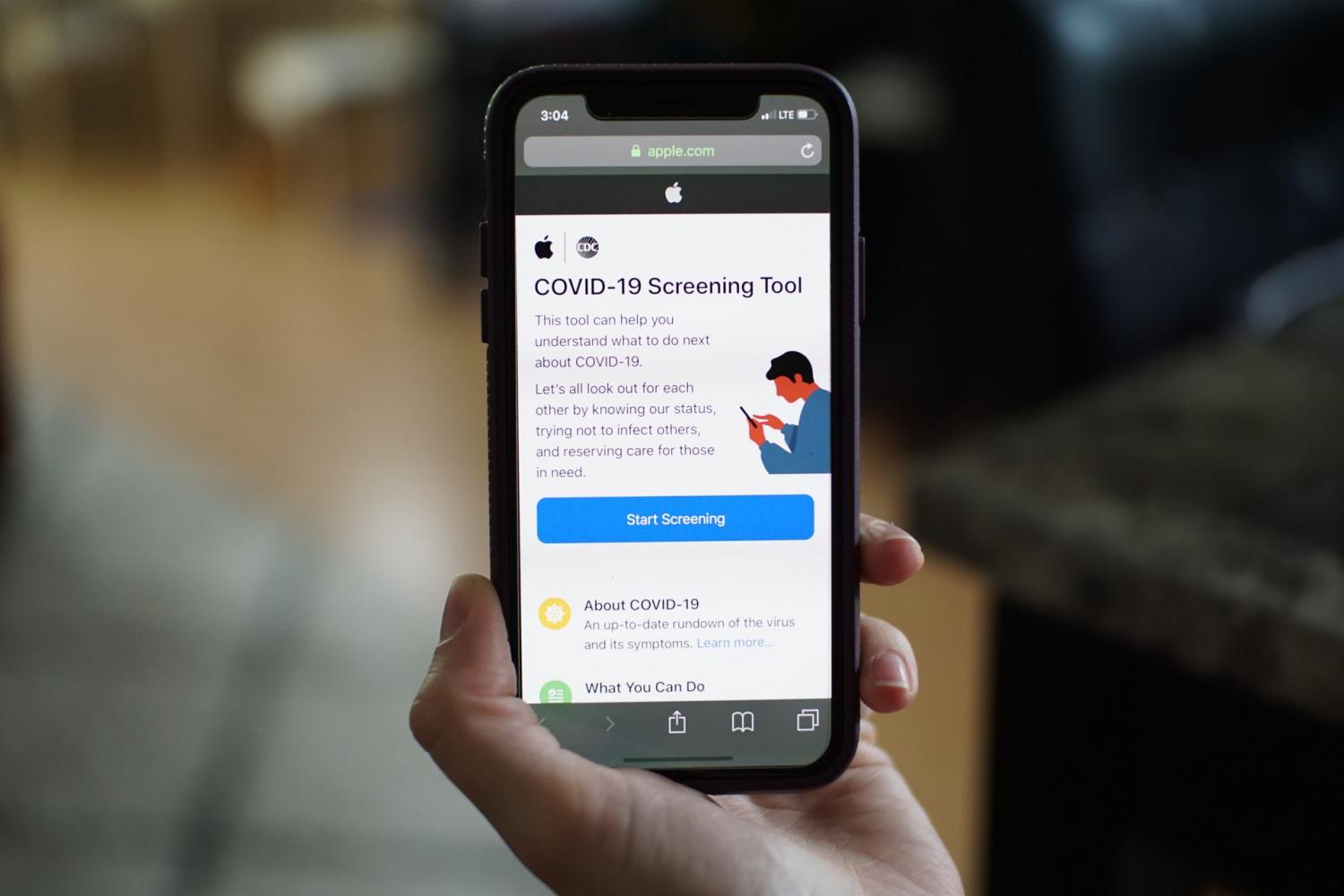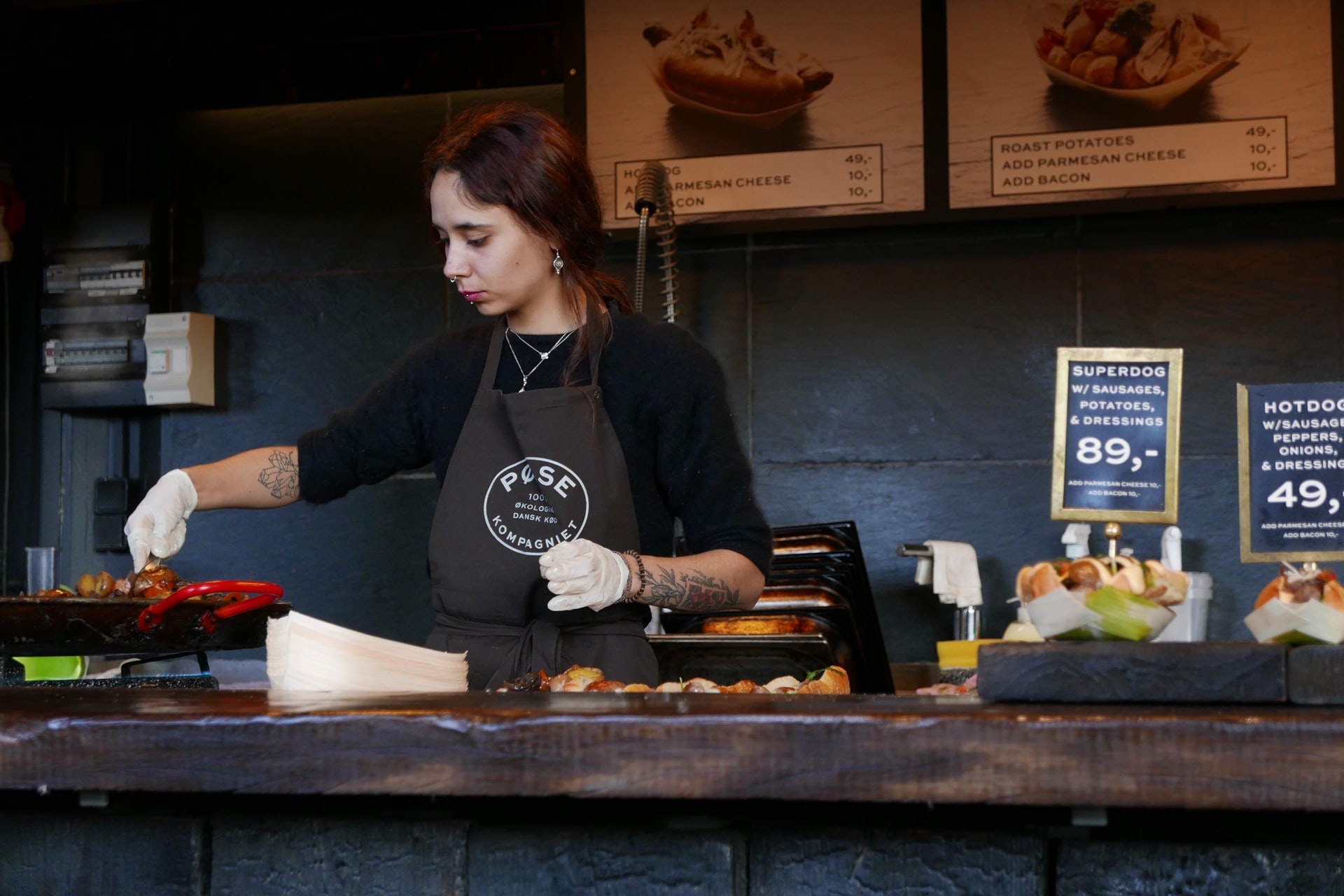
Companies planning how to reopen safely for business in the midst of the COVID-19 crisis are considering digital tools to track their employees’ health status. But without adequately protecting data privacy, such moves could backfire. The specter of a surveillance economy and “Big Brother” loom large in certifying who is a “safe” worker.
One suggestion of how to do this sensibly comes from MIT Professor Alex “Sandy” Pentland, a prominent data scientist who co-leads the World Economic Forum’s Big Data and Personal Data initiatives. In a recently published white paper, Pentland argues that digital identity could certify users’ health status while safeguarding their sensitive health data. He proposes that hospitals, credit unions, banks, and other civic institutions serve as repositories for people’s health data, much as they already do for their financial and other personal information. This would form the basis of citizens’ “digital identity,” and would determine their ability to work and perform other activities.
Keeping personal data in local institutions that already have a “need to know” or are under direct citizen control would tackle privacy concerns and avoid the creation of national or state-wide registries, as these are tempting targets for misuse, according to Pentland. Health certification could be easily integrated into the digital identity infrastructure that is already used for authenticating payments and help decide what sort of businesses are safe to reopen, and make contact tracing more efficient, without jeopardizing personal privacy.
“With this kind of digital identity, people can certify their health status to merchants and employers in the same way their credit card or identity is verified,” Pentland said in a press release. “They can also see which places are safe to go—for instance, places that are uncrowded or recently cleaned, and where customer-facing employees are infection-free, all without compromising their personal privacy.”

Photo: Under a proposed digital health ID, employees in public-facing positions could be certified as safe, inspiring consumer confidence. (Image credit: Irina/Unsplash)
Privacy advocates on alert
For privacy advocates who have viewed with concern how other countries have been implementing technology to track citizen health in the wake of COVID-19, this may sound too good to be true. China, for instance, has alarmed human rights advocates with the rollout of its software surveillance for the COVID-19 pandemic. There is little transparency about how the Chinese government is using personal data to sort people into various categories of health status, ABC News reported, leading to possible abuses. Other Asian countries like South Korea, China and Taiwan also didn’t bother to seek permission from individuals before tracking their cellphones to identify suspected coronavirus patients.
In Europe and the U.S., with stricter privacy laws and expectations, it’s a different story. While the European Union sees digital mapping to track coronavirus contacts as key to lifting Europe’s lockdown, the EU asserts it is doing so in a way that conceals citizens’ identities and that use of mobile applications will be voluntary for individuals, based on users’ consent.
Meanwhile, some companies are already using technology for health monitoring like Amazon, deploying thermal cameras at warehouses to scan for fevers faster.
Look out for ethical risks
While a voluntary opt-in is one way of finding the right balance in using technology to monitor COVID-19, ethical concerns should stay front and center. “The risk is that in an emergency everybody rushes to find a solution without regard for longer-term societal and ethical risks,” says Elaine Weidman Grunewald, co-founder of the AI Sustainability Center in Stockholm, a global hub that focuses on ethical pitfalls in the use of AI and other technology, as TriplePundit has previously reported. “The most obvious risks are misuse and overuse of data for unintended purposes as well as reusing that data in a way that could result in different forms of discrimination and bias,” she told TriplePundit.
The privacy implications are fully apparent when tech giants jump into the mix, with their access to huge amounts of data and, some have argued, too little transparency and oversight on how they use that data. For example, Apple and Google recently announced plans to launch a voluntary contact tracing tool to help individuals determine whether they have been exposed to someone with COVID-19.
Weidman Grunewald says she recognizes that companies need to have some kind of solution for monitoring health of employees before they bring people back to work. “Technology is an incredibly powerful tool in helping to combat the disease. But I would recommend that companies be transparent about how they will and will not use this data and be open and transparent about that, and let people opt in.”
As Pentland points out in his paper, using blood tests to certify people who are verifiably immune from the illness or vaccinated, and therefore “safe” to rejoin the workforce is not a new concept. This sort of certification exists in the form of tuberculosis test documentation for food workers and proof of vaccinations for childcare workers, for instance. He argues that financial incentives could help kick-start the process. The government, for instance, could offer tax breaks to companies that employ “safe” workers. Businesses, meanwhile, could offer increased pay to motivate these same workers to take public-facing jobs. Additionally, businesses could certify that they hire only safe employees in public-facing positions, which would inspire customer confidence.
A privacy trade-off in the COVID-19 age?
There is well-documented skepticism among the public about protection of their personal data. A majority of Americans are concerned about the way their data is being used by companies (79 percent) or the government (64 percent) and most feel they have little or no control over how these entities use their personal information, according to a 2019 survey by the Pew Research Center.
But when it comes to getting back to work, people may be willing to make a privacy trade-off. A little more than half of Americans now back anonymized government smartphone tracking, according to a Harris Poll survey of about 2,000 people conducted between March 28 and 30. A new age of digital surveillance could be one of the many ways that coronavirus is changing the world as we know it.
Image credit: Cory Checketts/Unsplash

Based in Florida, Amy has covered sustainability for over 25 years, including for TriplePundit, Reuters Sustainable Business and Ethical Corporation Magazine. She also writes sustainability reports and thought leadership for companies. She is the ghostwriter for Sustainability Leadership: A Swedish Approach to Transforming Your Company, Industry and the World. Connect with Amy on LinkedIn and her Substack newsletter focused on gray divorce, caregiving and other cultural topics.














